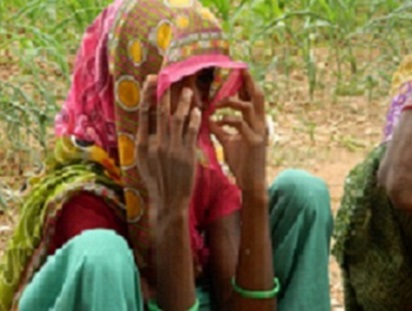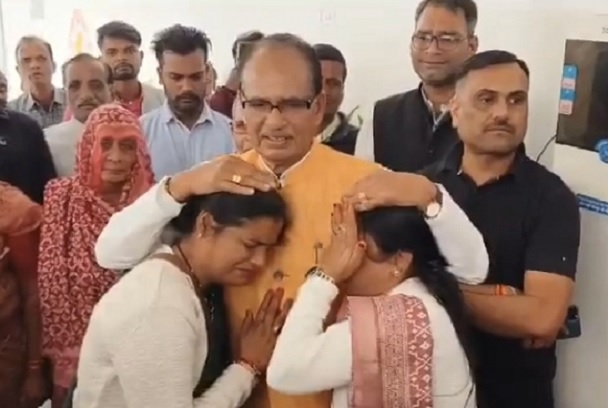Silicosis: SC orders 14 Gujarat factories shut, asks MP to expedite rehab

Special Correspondent
NewsBits.in
Bhopal: The Supreme Court on Tuesday ordered 14 quartz factories in Gujarat, responsible for causing silicosis to labourers from Madhya Pradesh to shut down.
Hearing public interest litigation (PIL) on the issue of silicosis, bench of Justice Kurian Joseph and Justice Rohinton Fali Nariman also ordered the chairman of the Gujarat Pollution Control Board to file Action Taken Report (ATR) without delay on another 16 units in Panchmahal district that were found to be non-compliant on pollution standards by the Central Pollution Control Board (CPCB).
The Court further ordered CPCB to prepare a status report on all related factories in other states of Delhi, Rajasthan, Madhya Pradesh, Pondicherry, Haryana and Jharkhand, on similar grounds as done for Gujarat.
Silicosis is a health condition marked by inflammation and scarring of lungs due to prolonged exposure to fine silica dust (in this case emanated by quartz crushing factories).
DEATH COMPENSATION FOR MORE CASES
In another major direction, the apex court ordered that as and when further deaths have been happening, apart from the earlier 238 deaths on which the Court had passed an order asking the Gujarat government to pay up compensation of 3 lakh rupees each, they should also be compensated accordingly. The present death toll is 589 and 1132 persons are ailing in the three districts of Alirajpur, Jhabua and Dhar.
REHAB BY MP GOVT
The Supreme Court heard on the pending issue of rehabilitation of hundreds of silicosis victims of the tribal districts of Madhya Pradesh. Earlier this year on May 4, the Court had ordered the Gujarat Government to pay the compensation of Rs 3 lakh each to 238 victims and asked Madhya Pradesh government to rehabilitate the ailing victims of silicosis with urgent focus.
On Tuesday, the bench was not satisfied with the responses filed by the district collectors of Alirajpur, Jhabua and Madhya Pradesh Government on rehabilitation in this regard.
Senior Advocate Sanjay Parikh on behalf of National Human Rights Commission expressed concerns about the situations of silicosis affected workers and pointed out the fact that the silicosis policy put in place by the MP Government does not include any specific plan of rehabilitation focused on silicosis patients. Instead, it contains some generic government schemes applicable to all BPL (below the poverty line) citizens. The policy does not include any focused livelihood options, health and treatment provisions, or economic rehabilitation for silicosis victims. This does not contain any specific rehabilitation plan for widows who have lost their heads of the family to silicosis; neither does it contain any provision for silicosis orphans.
The Court today ordered the District Legal Aid Authority to undertake an investigation on the status of rehabilitation and compensation status and also the status of all silicosis victims in the districts of Alirajpur, Jhabua and Dhar districts of Madhya Pradesh to ensure that benefits being given to the patients are reaching the beneficiaries on the ground.
National Human Right Commission and Various civil society organizations and sangathans like KMCS, Silicosis Peedit Sangh and Jan Swasthya Abhiyan have been playing key roles in advocating the rights of silicosis affected workers through providing research, analysis reports, and regular coordination on the ground with silicosis victims.
Eminent lawyer Prashant Bhusan, appearing for the victims, argued that the factories should be closed down if they are not following the various guidelines The court has also constituted a team of medical and health experts as well as institutions to investigate the status of silicosis in 7 states- Madhya Pradesh, Rajasthan, Haryana, Delhi, Puducherry, Gujarat, and Jharkhand and submit a report to the court.










